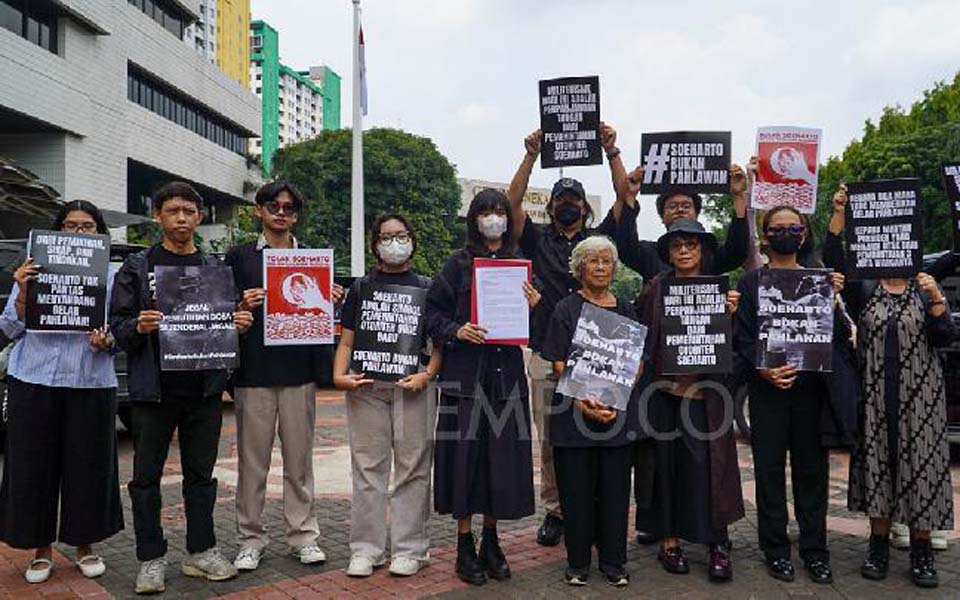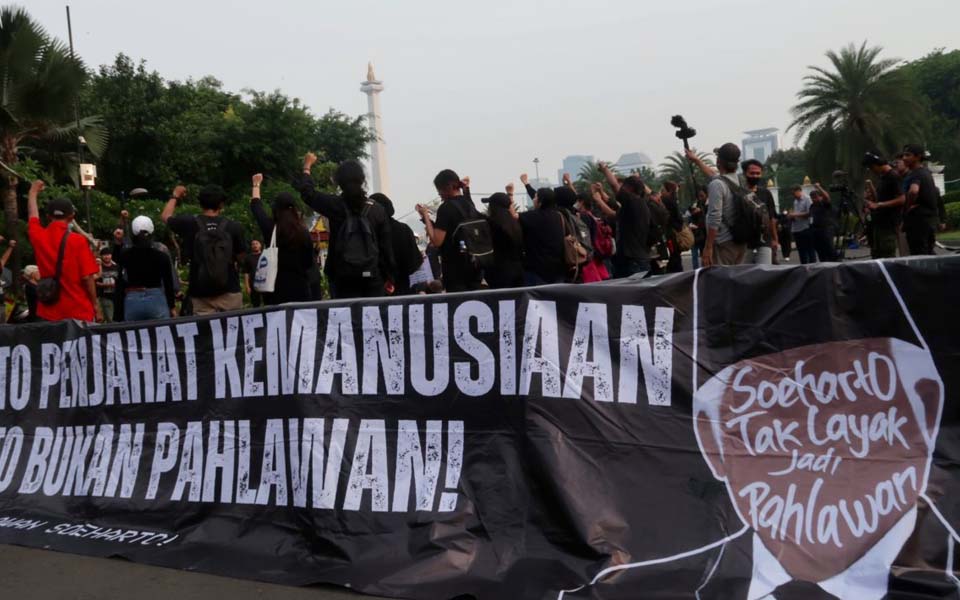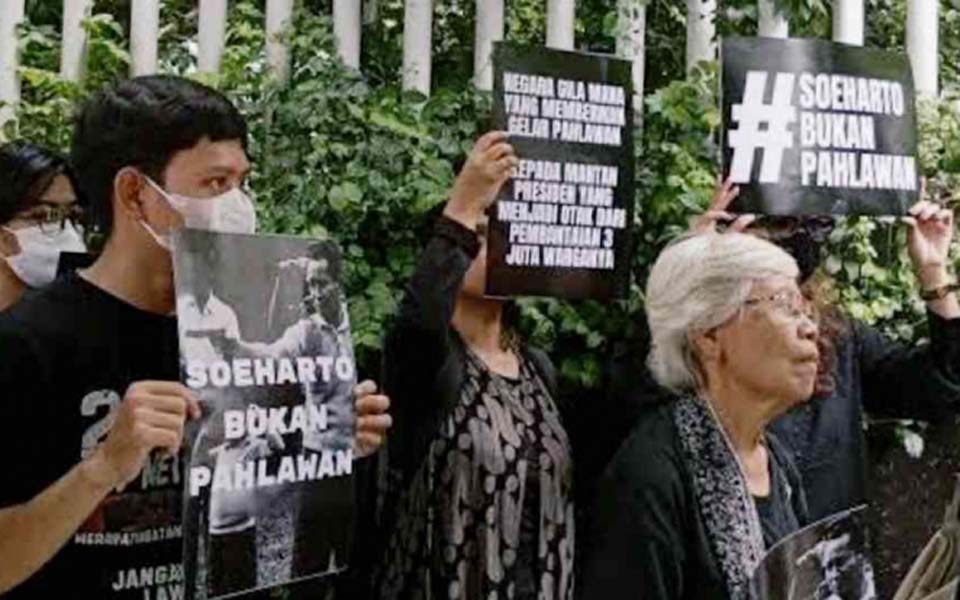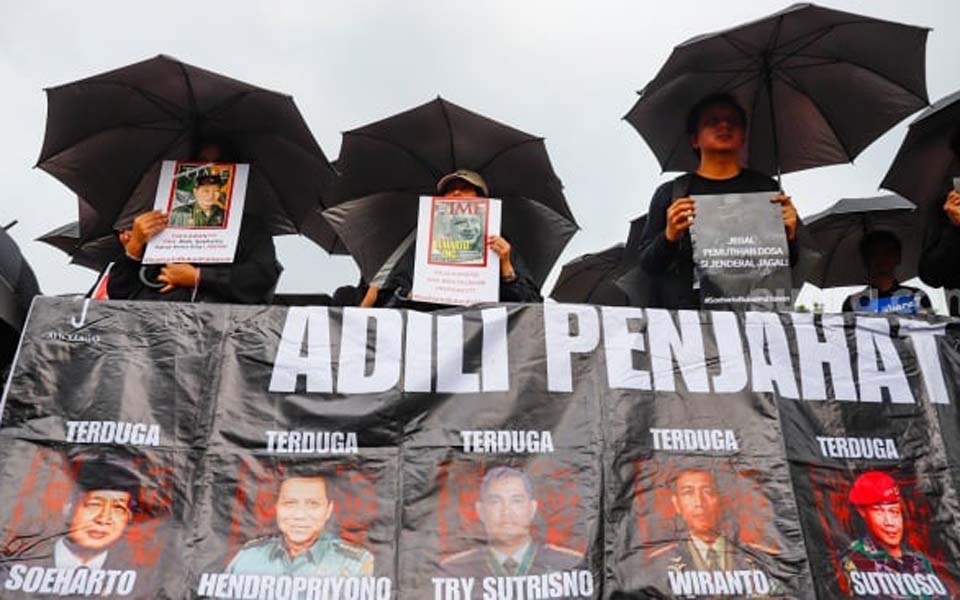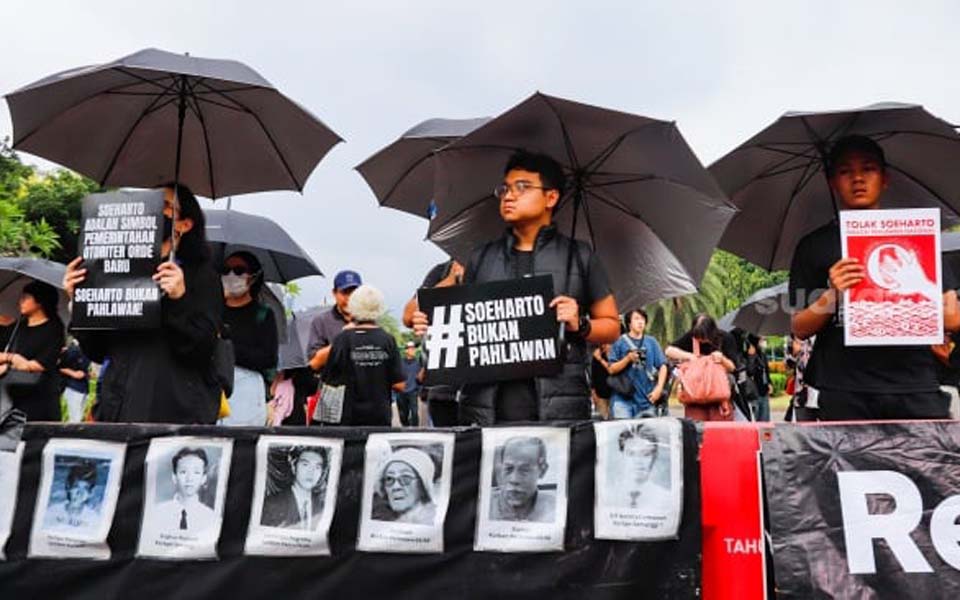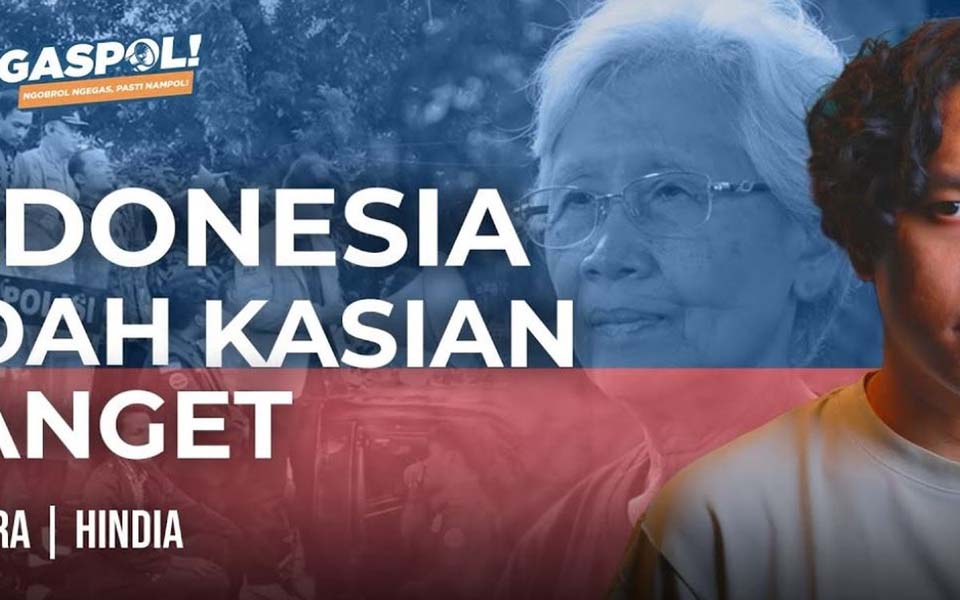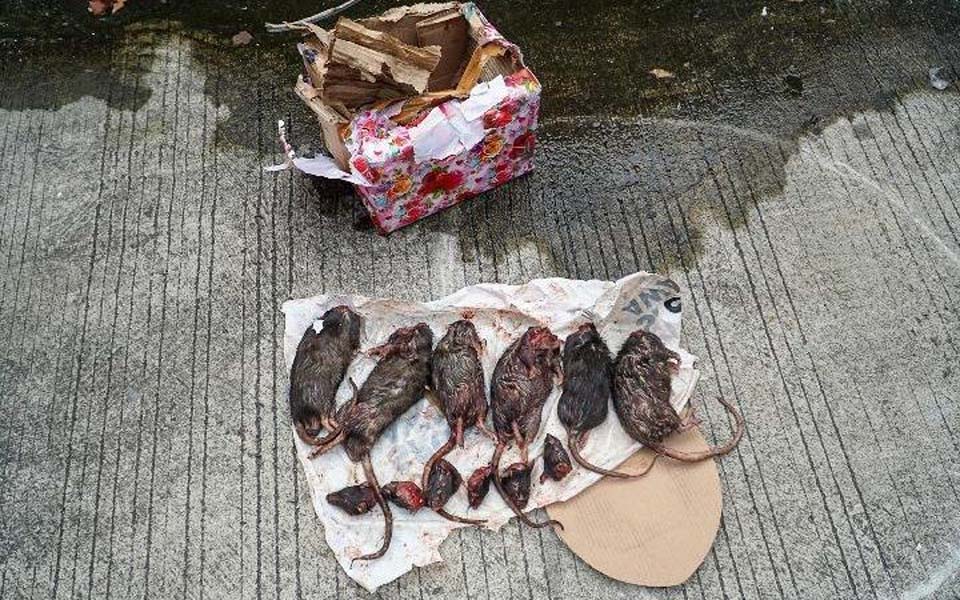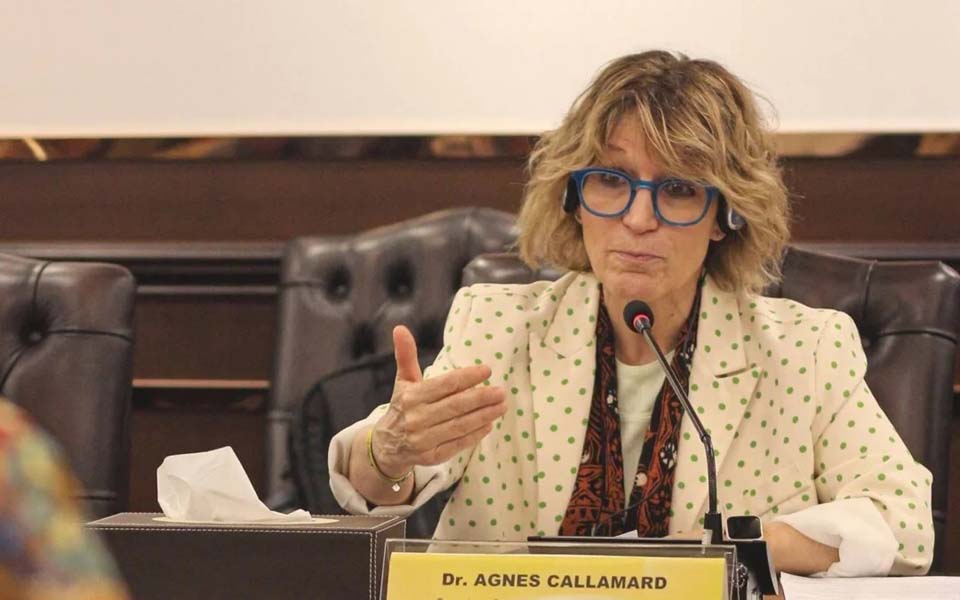Dian Erika Nugraheny, Jakarta – Commission for Missing Persons and Victims of Violence (Kontras) Commissioner Fatia Maulidiyanti says that that they recorded 158 cases of violations against civil freedoms over the first year of President Joko “Jokowi” Widodo’s second term in office. These violations took the form of restrictions and attacks on civil freedoms.
“Kontras found 158 incidents of violations, restrictions or attacks against civil freedoms over the last year”, said Maulidiyanti during a virtual press conference on Monday October 19.
These cases comprise violations against the right of association (4 incidents), volitions against the right of assembly (93 incidents) and violations against freedom of expression (61 incidents). Police were the principle actors in these violations.
“In addition to this, the Covid-19 pandemic is also being used as a pretext to curb civil rights, including by breaking up protest actions, which in many cases was done in a repressive manner”, said Maulidiyanti.
This shows that the state has failed to provide effective access for the public to communicate its wishes through other channels to influence state policy, other than by holding protest actions.
Moreover, there has been a growth in the types of attacks against freedom of expression, namely cyber attacks in the form of hacking, intimidation, doxing and even cyber torture.
“Then, in terms of protection for human rights defenders, over the last year we found a pattern that keeps being repeated, namely legal cases against perpetrators of attacks on human rights defenders get dragged out”, said Maulidiyanti.
“This can be seen in the handling of the Novel Baswedan [acid attack case], the [murder of environmental activist] Golfrid Siregar and [the hacking of] Ravio Patra [social media account]”, she continued.
Meanwhile in terms of resolving cases of gross human rights violations, there has been almost no progress over the last year. In several cases there have even been steps back.
“This can be seen from the return of the investigation dossier on the Paniai [killings in Papua] by the Attorney General to the National Human Rights Commission and the declaration of a peaceful resolution to the [1989] Talangsari [massacre] as maladministration by the Ombudsman”, said Maulidiyanti.
“Then, the Attorney General’s statement that the Semanggi I and Semanggi II [student shootings in 1997-98] were not gross human rights violations, along with the promotion of gross human rights violators as government officials”, she continued.
All of these incidents emphasise that for President Widodo the issue of human rights is simply a political commodity without any real intent to resolve them.
Extending military, police influence
In terms of the culture of violence, Kontras found that the high level of violence which emerges every year by defense and security institutions has never heralded in a discourse about reforming these institutions in order to reduce the incidents of violence.
“[The government has] instead responded by extending the role, function and influence of Polri [the national police] and the TNI [the Indonesian military], said Maulidiyanti.
The police have extended their authority and influence through the placement of police officers in positions outside of the police structure which have no connection with security.
In addition to this there was the discourse about the formation of Pam Swakarsa (Swakarsa Security) thorough Police Regulation Number 4/2020 which contained several loopholes which could result in violence, horizontal conflicts and their use for political interests.
Meanwhile the TNI has extended its authority and influence through the Law on the Management of State Resources (PSDN) such as the recruitment of civilians for a Reserve Component (Komcad) and the discourse on “military conscription” and training in education, which is counterproductive in terms of campus life where educational institutions should be places to develop democratic values.
Maulidiyanti continued by questioning the handling of the Covid-19 pandemic which needs to be understood in terms of optimally fulfilling and protecting human rights.
Moreover in several cases it has been used a pretext to violate human rights such as the criminalisation of government critics and inhuman punishments for people who violate health protocols.
Kontras believes that the handling of the pandemic has too often emphasised the use of security, defense and intelligence institutions which do not have competency in matters of health. This has impacted badly not only on the handling the pandemic but also Indonesia’s democracy.
Finally, Maulidiyanti revealed that the failure to internalise democratic values in the administration can be clearly seen in the legislative process.
A process which should be a vehicle to accommodate the public’s wishes has instead been used as a means to extend the government’s investment ambitions.
“This was clearly seen in the enactment of the UU Minerba [Minerals and Coal Mining Law] and the Job Creation Law [which were deliberated and enacted] in the midst of the pandemic and with very minimal or unsubstantial public participation”, said Maulidiyanti.
“Based on this, we conclude that Indonesia is not just facing the threat of economic recession, but also a democratic recession. If this continues, we are concerned that there will be a shift towards an authoritarian government, which represents a threat to human rights”, she said.
[Translated by James Balowski. The original title of the article was “Setahun Jokowi-Ma’ruf, Kontras Catat 158 Pelanggaran Atas Kebebasan Sipil”.]






